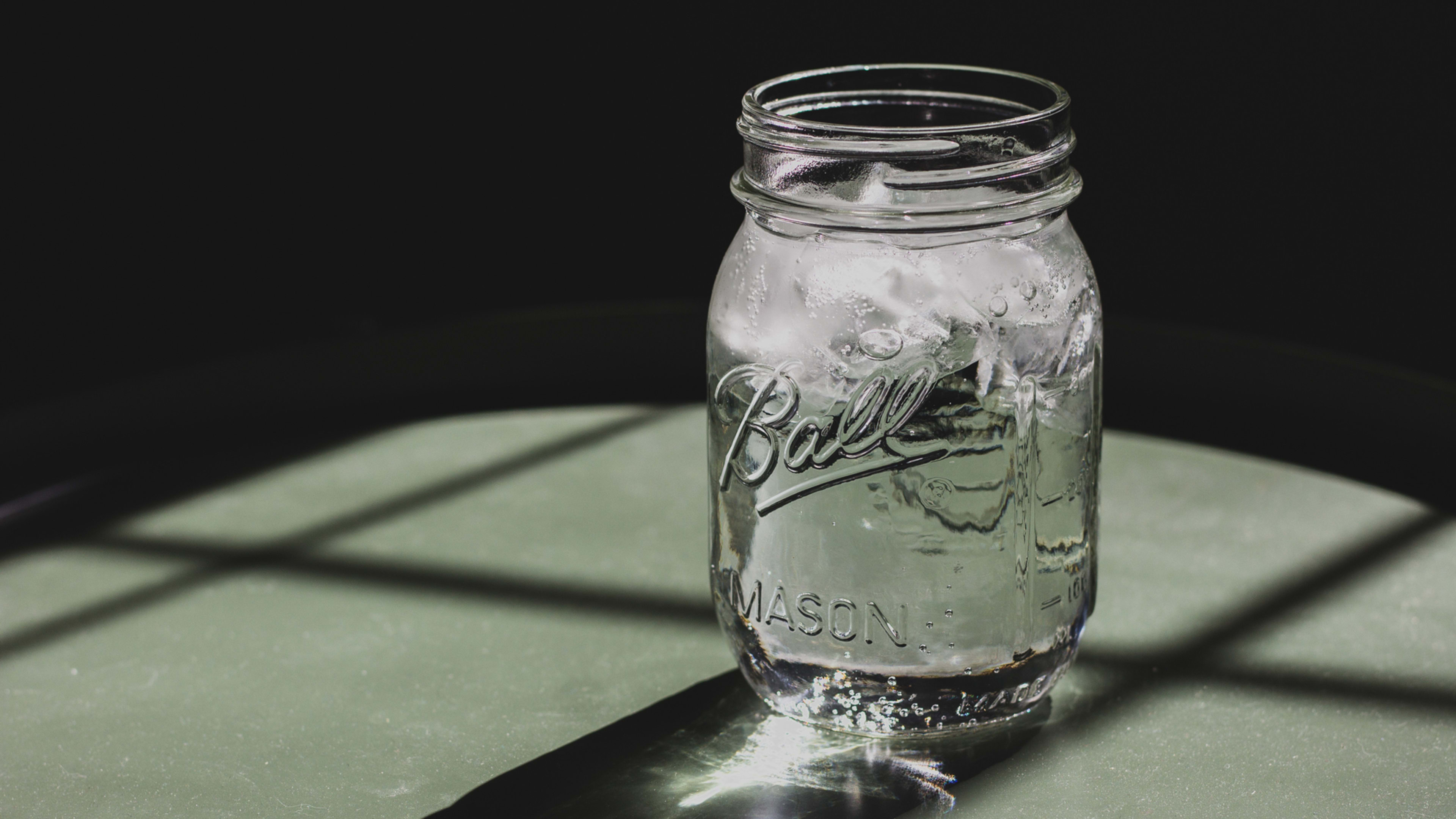Sure, you could set a sweepingly ambitious New Year’s resolution for yourself, but you’re hesitating–or even downright opposed. It’s not because everything in your life is totally perfect, of course, it’s just that you’re already maxed out: In order to make an adjustment, something else would have to give, and it’s far from clear what can.
The only way you’re actually going to boost your productivity without taking on even more work-related stress is if the changes are super simple–like, stupid simple. Fortunately, as a professional time coach, I know of a few. These quick hacks may not sound revolutionary, but revolutionary isn’t what we’re going for here. If what you’re really looking for is even just a little relief from the buildup of work stress over the past year, here are a few low-effort tweaks to make.
1. Delete An App You Use At Least Once Daily
Sorry, developers! You build some great apps, but occasionally they make us miserable. Obviously, one of the best ways to decrease stress and increase time is to delete apps that are sucking your time without adding value.
You know your own vices. Maybe it’s Facebook, maybe it’s a game, maybe it’s a dating app, maybe it’s something else entirely. Whatever it is, if you find that it’s your default go-to whenever you have downtime, it’s likely sapping the focus and mental energy you need to get stuff done–and indirectly stressing you out as a result. So pick just one app to start with and delete it, even if only for a week to see how you fare.
You may not be able to cut back on your workload, but you can cut back on your digital habits. Not being on an app you use (but don’t need) on a daily basis can open up space–even if it’s only a little–to think, breathe, knock an item off your to-do list, return that call, and get to bed on time . . . which brings us to hack No. 2.
Related: What Happened When I (Almost) Gave Up Facebook, Email, And Texting For A Month
2. Set A “Get Ready For Bed” Alarm
Lost sleep is a huge drag on productivity and a big cause of work-related stress. One of my time-management coaching clients added a, “Why are you still awake!?” alarm on his phone in the evening. When it went off, that was his cue to pause and ask whether whatever he was doing at that moment was really worth violating his self-imposed bedtime for. It worked for him. He knew that anytime he “broke” the rule, it was for something truly important, not because he’d lost track of time.
I noticed my own bedtime getting later over the past year because I simply wasn’t getting tired until almost right when it was time to hit the hay. If I hadn’t already brushed my teeth, changed into my PJs, and straightened out the house, that meant I was getting to bed about 30 minutes past the time I’d wanted to. So I set a “get ready for bed” alarm to go off on Sunday through Thursday nights. I know myself and that I’ll want to ignore it to finish up whatever I’m working on. I have it set for 60 minutes before I want to get into bed, this way I can ignore it for about 20–30 minutes and still end up with my head hitting the pillow at the right time.
Related: How To Design Your Ideal Workday Based On Your Sleep Habits
3. Keep Water Nearby
Upping your water intake really can improve how you function at work (though not all benefits are necessarily a direct result of hydration, nor is the classic “eight glasses a day,” erm, watertight science). Nonetheless, drinking more water is a super low-effort change to make, so why not? But instead of just telling yourself that you need to drink more water, make it your goal to always have water within arm’s reach. Maybe that means buying a classy or high-tech water bottle, or maybe it just means keeping a glass at your workspace at all times. I keep one by my computer and a bottle in my car. Simply having it there makes me way more likely to drink it.
If you don’t like how your tap water smells or tastes, that can be a deterrent. Consider getting a refillable water cooler from the grocery store. They have ones that can fit on your refrigerator shelf, and you can typically refill for a couple of dollars. This lasts me a whole week. (There are, of course, a few fancier alternatives, too.)
Related: Can Drinking 8 Glasses Of Water A Day Make You More Productive?
4. Sit Less At Work
Instead of segmenting your day between sedentary work and full-on exercise, try to integrate healthy movement into your workday. It could be as simple as attempting to sit up straighter in meetings–which is healthier and will make you look better–or just asking a colleague to have a walking meeting instead of sitting down. Or perhaps it means investing in a standing desk. I got one for the first time this year (and wrote about finding the best one) and love it–I get more standing time, and if I’m really ambitious I’ll even add in a couple of squats throughout the workday.
Don’t underestimate how much of your chronic work stress may have physiological causes. Sure, that big, deadline-driven project is plenty stressful on its own, but many of us carry the weight of added pressures that are a lot less obvious. So before you make bigger changes, try these four habit tweaks first.
Recognize your brand’s excellence by applying to this year’s Brands That Matter Awards before the early-rate deadline, May 3.
